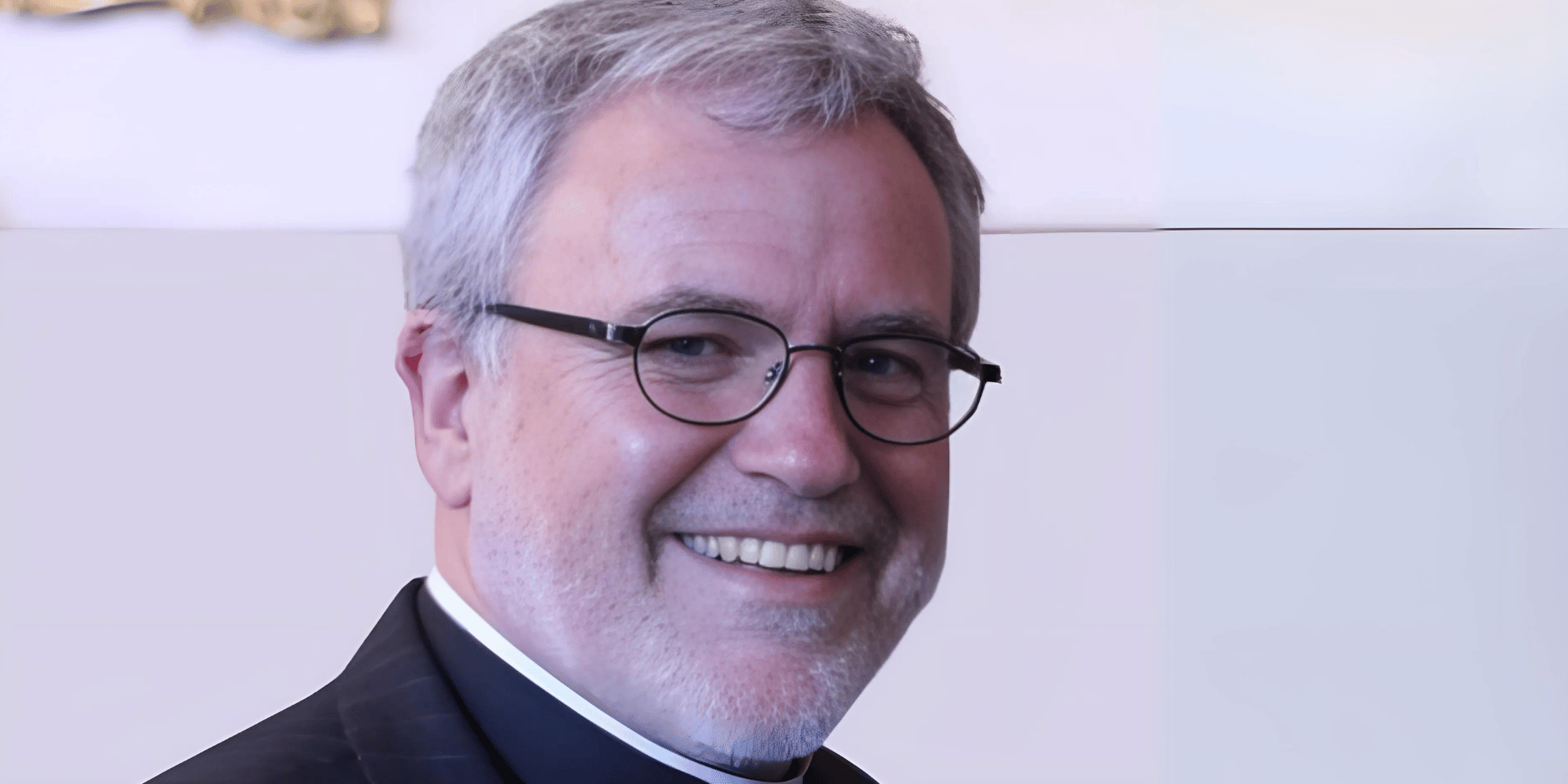
Rev'd David Gifford is the diocese's Interfaith Adviser - here he talks about walking parallel paths in the Interfaith world
In the Christian church, we have been journeying through Creation-tide, a time since early September when Harvest Festivals are marked by the decoration of churches - especially colourful in our rural diocese. To walk into a church is to be enveloped with the smell of ripe fruit and vegetables and the scent of colourful flowers. The creativity of those who decorate our churches becomes a reflection of the Creator God Himself.
But before winter sets in we pass through the Kingdom Season and celebrate All Saints and All Souls - times of very personal journeying as we remember loved ones who have gone before us, yet we see no more. But it is also the season of Remembrance for we recall on Remembrance Sunday the sacrifices that so many men and women made for our freedom; a freedom which, sadly, so many take for granted.
September and October for the small Jewish community in our diocese is the time for the High Holy Days – known as Yom Tov. Four festivals one after the other. Beginning with the Jewish New Year, called Rosh Hashanah and marked by family feasting, will include honey cake with the greeting, chag sameach or in Yiddish, gut yontiff; it means “happy holiday.”
If there is joy and feasting then it is soon followed by a 24-hour fast and the sounding of the Shofar or ram’s horn for Yom Kippur; the day of atonement with all-day services in the shul (synagogue). Within a week the next festival arrives, Sukkoth. Now the Jewish community remember their wandering in the desert and God’s continual provision. In Jewish gardens and communities you would see little makeshift booths – or sukkah- some rather flimsy and others more elaborate. Through its roof, you would need to see the stars at night – or at least the sky - a reminder of the 40 years travelling through the desert. Families may have a drink before dinner in their sukkah - some will take their evening meal there and some will sleep there, under the stars. But the High Holy Days season ends with Simchat Torah. It’s like our new Church year beginning with Advent Sunday – the Jewish folk will start their lectionary again; the weekly plan of readings of the Torah (the first 5 books of the Bible) in the synagogue.
Of course, the foundations of our own Faith - Christianity is in Judaism- Jesus was a Jew. He taught and spoke and moved amongst, principally, Jewish people. The early disciples were Jewish and in our liturgies we have so much from Hebrew Scriptures. As we approach Advent and Christmas we may recall the richness of our own spiritual roots, lie in Judaism. In our diocese there are only a handful of Jewish folk but they gather once per month with others from small Jewish communities in Gloucester and Worcester to celebrate these festivals.
For the larger Muslin community in our diocese, this Autumn is less busy for Festivals - except one which has just passed: the birthday of the Prophet Mohammed. It is known as Mawlid al Nabi. The actual date of the Prophet's birth is unknown, but celebrations take place on the 12th day of Rabi'ul-Awwal, the third month of the Islamic calendar, for Sunni Muslims, and on the 17th day for Shia Muslims. The birthday was on 15th September this year. Remember the Muslim calendar like the Jewish is a lunar calendar, less so the Christian one. In Muslim countries there will be street parades with musical instruments, flags and banners – a general rejoicing with gifts for children and sometimes homes will be decorated. But it is still a Holy Day – like the Christian Christmas Day – and Muslims are encouraged to go to the masjid or mosque where special prayers are said and often poetry read too.
To be aware of the Faith of others who live amongst us can be an enriching experience. As we learn more about the Faith of others we can see so many similarities to our own Faith and the spiritual journeys we make. In the three Abrahamic Faiths I have mentioned here – Judaism, Christianity and Islam – there is celebration, renewal and joy but also sorrow and repentance for our own moral mistakes and selfishness yet forgiveness too. All three Abrahamic Faiths are united by the belief in One God; a God who reveals Himself in Scripture and with whom we can have a living relationship.
For myself, Interfaith dialogue opens up new worlds of understanding and new spiritual depths and insights into belief, but it also encourages me to go deeper into my own Faith as a Christian, loved by God and forgiven for my failures through His Son Jesus and strengthened to live that faith through the Holy Spirit. I am excited by Advent and Christmas and all that they mean for me as a Christian but each autumn my faith is enhanced by Jews and Muslims who love God too and walk a parallel path.
- ENDS -
